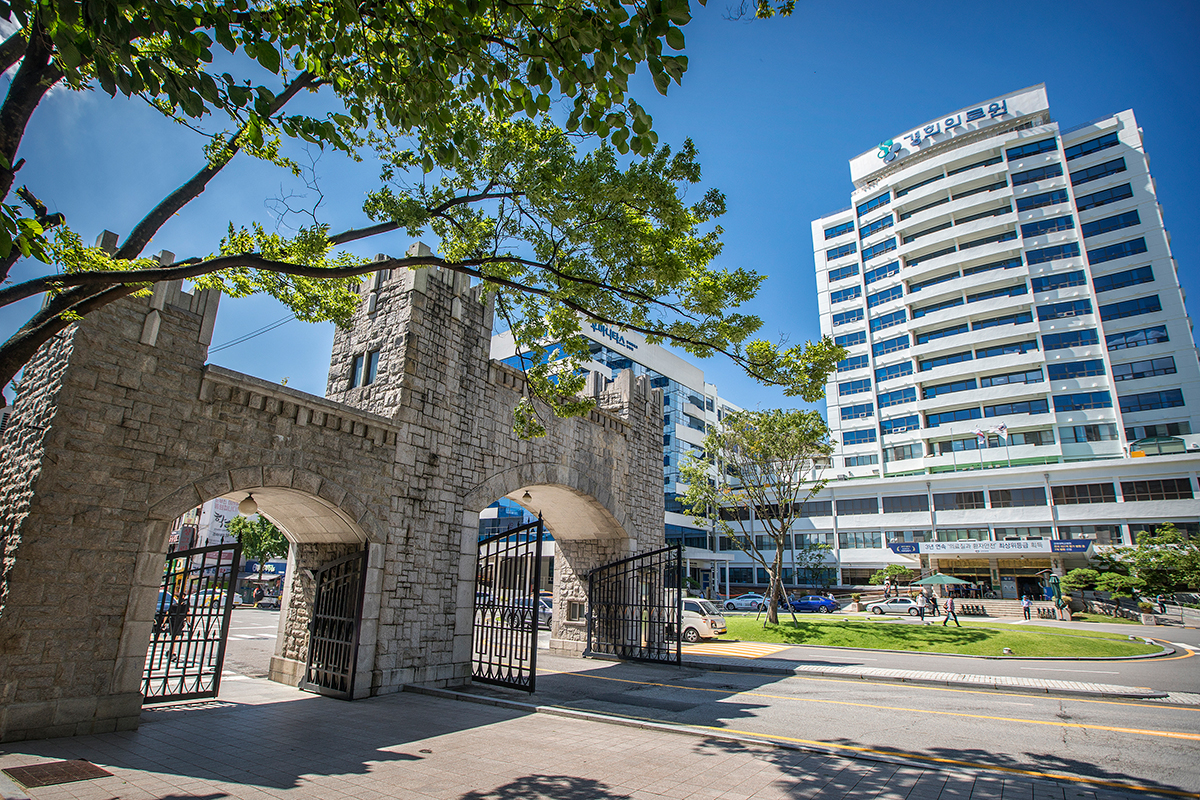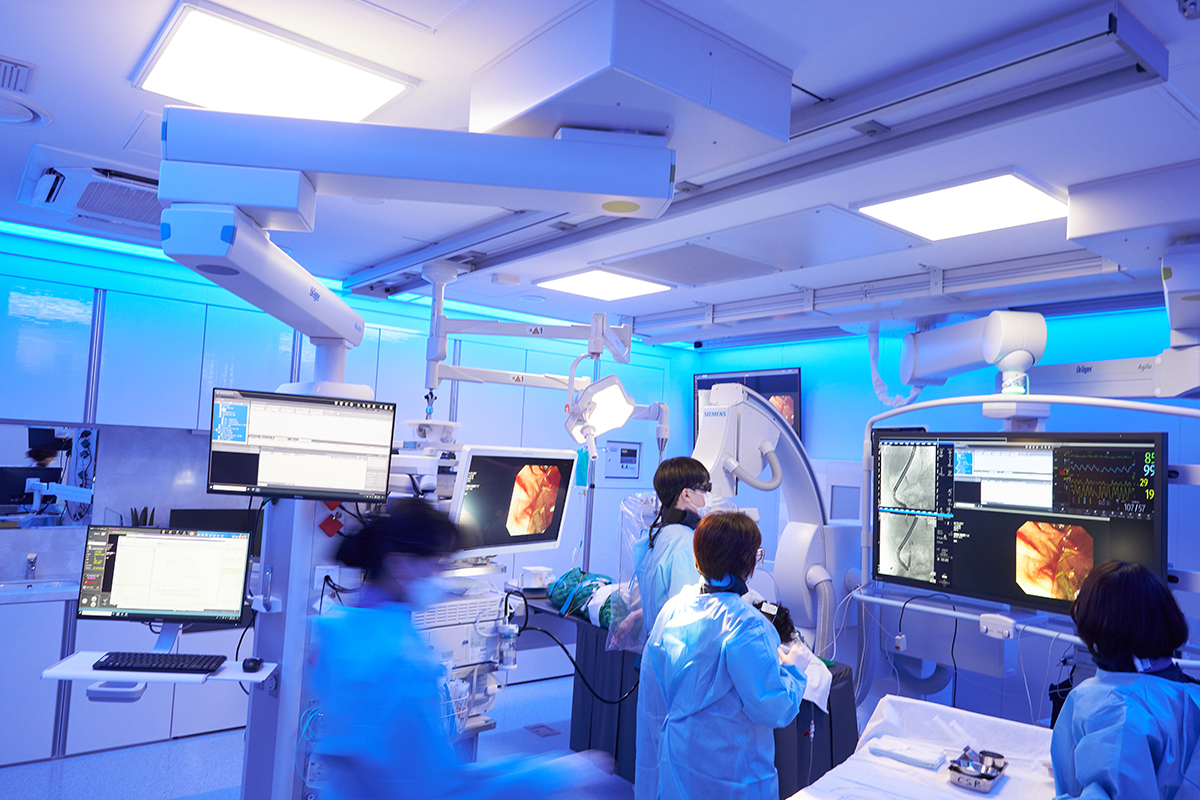header
News
Kyung Hee University Hospital Designated as a Research-Driven Hospital by the Ministry of Health and Welfare
- WRITER 학무부총장실

Kyung Hee University Hospital has earned certification as a Research-Driven Hospital by the Ministry of Health and Welfare, in recognition of its ability to advance medical technology through the integration of real-world clinical data and basic research
Kyung Hee University Hospital has been officially certified as a Research-Driven Hospital by the Ministry of Health and Welfare. The certification is valid for three years, from April 2025 through March 2028. A total of 30 hospitals across the country—including both newly applying and previously designated institutions—participated in the selection process, with only 21 receiving final certification. Notably, Kyung Hee University Hospital was the sole new designee in Seoul and the northeastern Gyeonggi region.
The Research-Driven Hospital Program was first introduced in 2013 to promote the industrialization of healthcare knowledge and the commercialization of medical technologies. Initially operated as a designation-based system with limited hospital participation, the program was restructured in response to the growth of the biohealth industry and the rising importance of hospital-led research. Following the 2024 revision of the Health and Medical Service Technology Promotion Act, the system transitioned to a certification model. The latest round of certification assessed hospitals based on a comprehensive set of criteria, including research capacity, infrastructure, systems for conducting translational and clinical research, and competitiveness in specialized fields. Certified institutions are also granted eligibility to participate in the government-supported Research-Driven R&D Program.

At the Core: An Open Innovation Platform Integrating Research and Patient Care
Kyung Hee University Hospital’s designation affirms its capacity to transform clinical data generated in real-world settings and basic research findings into tangible advancements in medical technology. At the heart of this capability is an open innovation platform—an integrated environment where clinical care and research are not separated but operate synergistically in a shared space. This system is enabled by Kyung Hee University’s uniquely comprehensive academic structure—unparalleled in Korea—which encompasses the College of Medicine, College of Dentistry, College of Korean Medicine, College of Pharmacy, College of Nursing Science, and the Graduate School of East-West Medical Science. This multidisciplinary foundation fosters dynamic cross-disciplinary collaboration and provides a clear institutional advantage under the Research-Driven Hospital framework
Kyung Hee University Hospital is placing particular emphasis on advancing data-driven precision medicine, with a focus on digital health, multi-omics research, and aging science. The Medical Science Research Institute has outlined a comprehensive strategy to strengthen research across the entire Kyung Hee medical network. Key initiatives include securing dedicated research personnel, expanding the use of quantitative research performance indicators, and building out advanced research infrastructure. By identifying and addressing unresolved clinical challenges, the hospital aims to accelerate medical innovation and ensure the seamless translation of research into new technologies and therapies. At the same time, it is working to enhance academia–industry collaboration through a robust network that supports translational research
Enhancing Research Engagement and Operational Efficiency
Realizing the full potential of a research-driven hospital requires active engagement from across the institution. Kyung Hee Medical Center and the Medical Science Research Institute are jointly implementing a range of structural reforms, including the establishment of the Medical Technology Cooperation Division, the reorganization of the Clinical Research Institute, and the recruitment of specialized research personnel. As part of these efforts, they are also upgrading core research infrastructure—including open laboratories, the Medical Data Center, and the Clinical Trials Center—to foster an environment that supports focused research activity and improves administrative efficiency.
Establishing a sustainable cycle in which research outcomes are reintegrated into clinical care depends on cultivating a strong and enduring research culture. To support this, Kyung Hee University Hospital is refining its governance system for research support—across administration, finance, infrastructure, and personnel—ensuring long-term continuity and strategic development. Joo Hyeong Oh, President of the Kyung Hee University Healthcare System, emphasized: “Kyung Hee University Hospital is a convergence-based institution with comprehensive capabilities across all fields of medicine. By fostering interdisciplinary collaboration, we aim to create an optimal environment for research and lead future innovations in healthcare as a central medical institution serving Seoul and the northeastern Gyeonggi region.”